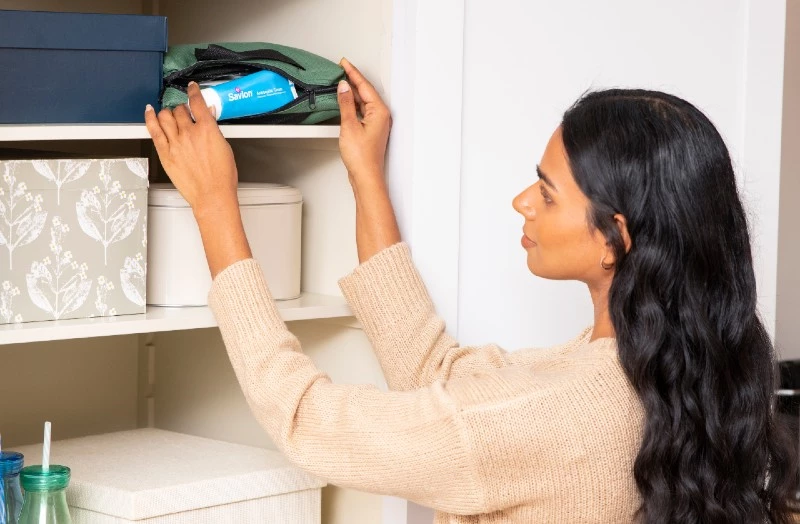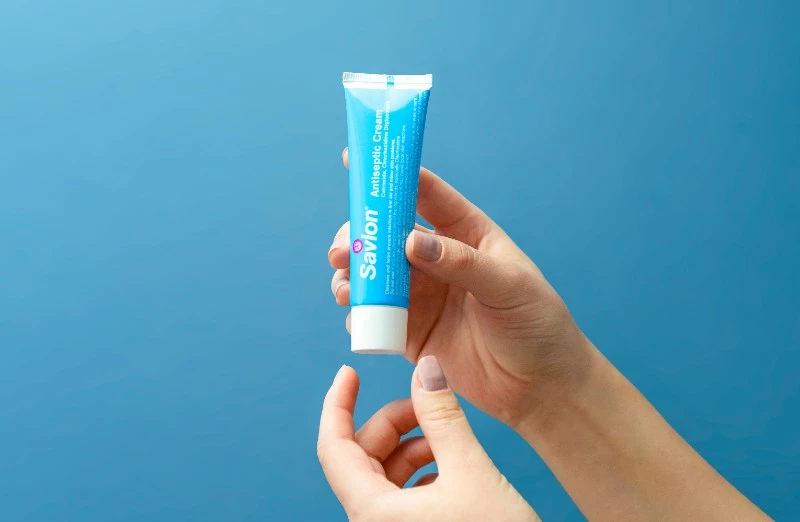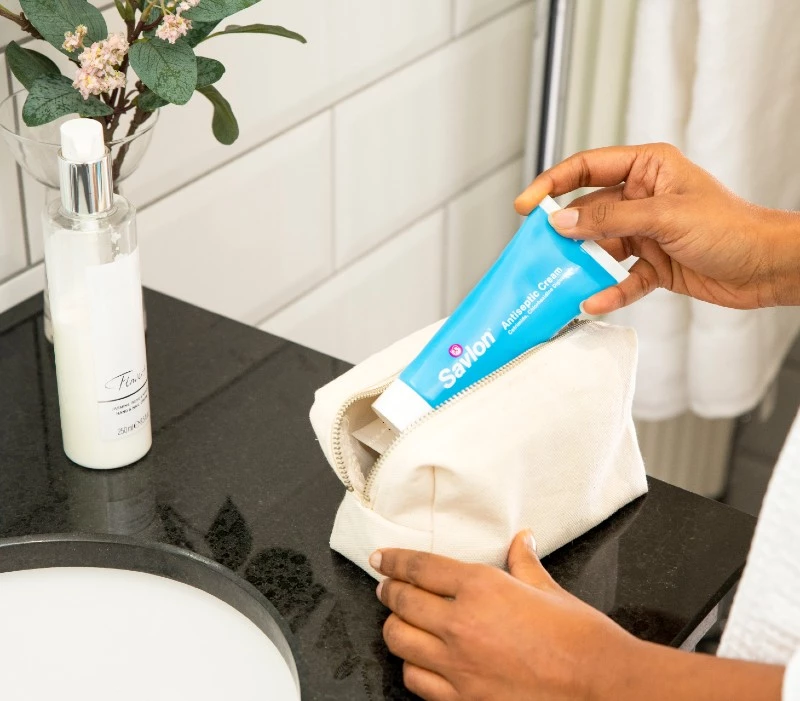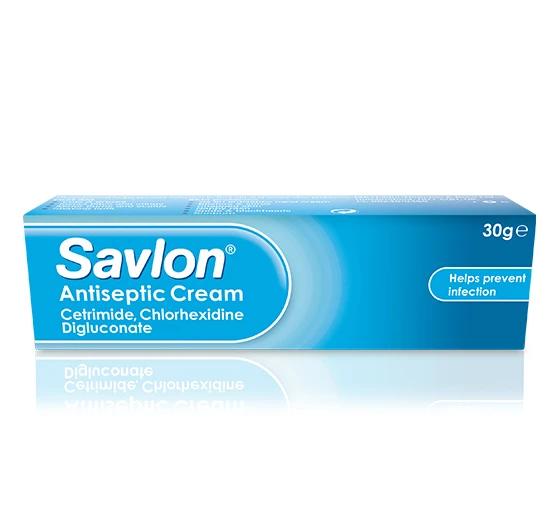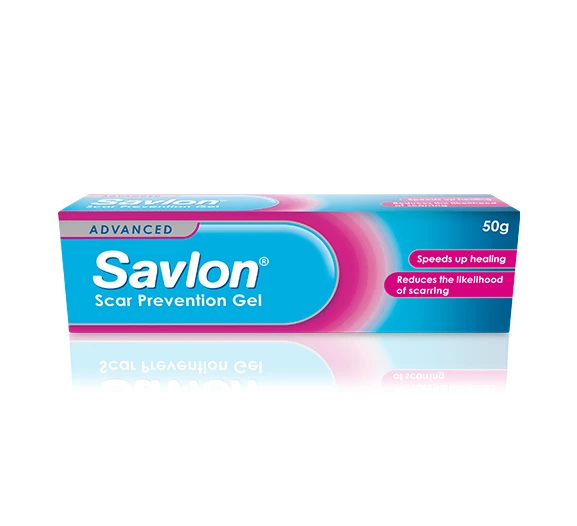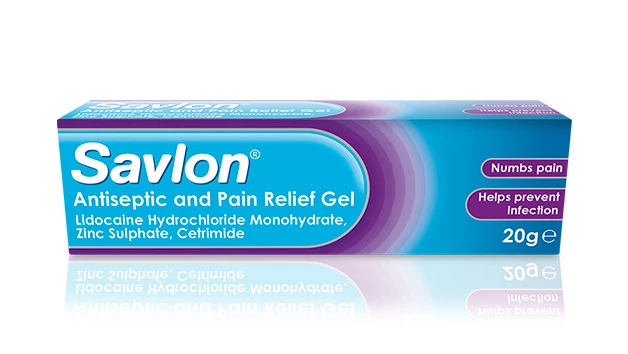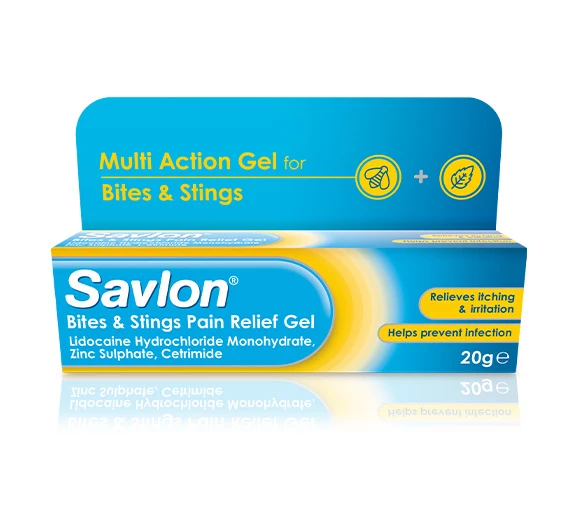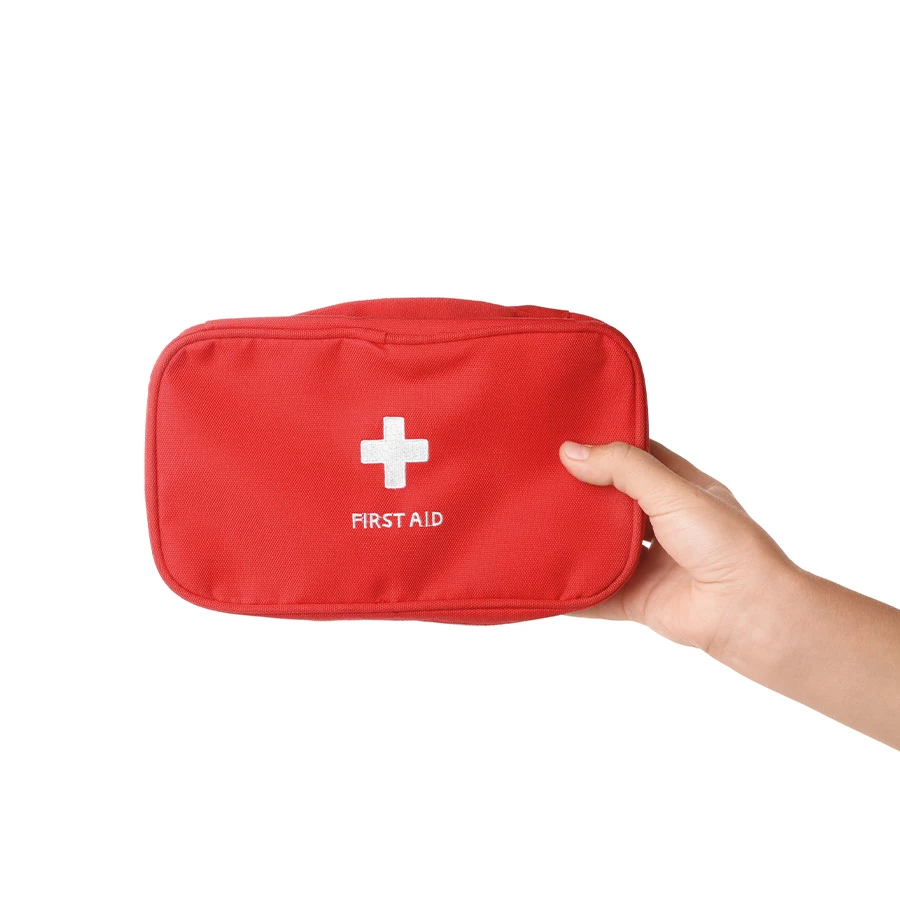|
Antiseptics are widely used in daily life, however, there is some confusion around this topic so we’re planning to debunk any misconceptions in this quick guide. We also answer commonly asked questions to help you feel more confident using antiseptic products! Reading time: 3.5 minutes |
Guide contents: |
What is an antiseptic?
Let’s first cover the basics. Antiseptics are simply substances that help stop or slow down the growth of harmful microorganisms, thereby helping to prevent infection.
- Antiseptics are usually used to prevent skin infections in medical environments when preparing for treatments, as well as helping treat infection in certain areas of the body.
- They are also used in domestic environments, commonly as a cream available to purchase over the counter for use at home. Savlon Antiseptic Cream is one of the available options: it is suitable for use on children and has been trusted for generations, making it a great choice for the whole family!
While antiseptic creams are great options for the treatment of minor injuries at home, avoid using them for more serious wounds like animal bites or severe burns, which are best handled by a medical professional.
FAQ - Do antiseptics kill viruses?
Yes, antiseptics can kill viruses. Both antiseptics and disinfectants help stop the growth of organisms, which include viruses, bacteria and fungi.
How do antiseptics work?
Not all antiseptics work the same way, however they all act to destroy microorganisms! Some target the walls of microorganism cells causing them to burst, while others inhibit cell processes, helping prevent harmful germs from replicating so they eventually die.
Savlon Antiseptic Cream contains two active antiseptic ingredients, Cetrimide and Chlorhexidine Digluconate.
- Cetrimide acts by destroying the cellular structure of fungal and bacterial microorganisms.
- Chlorhexidine Digluconate has a broad spectrum and is very effective at reducing bacteria.
FAQ - What is the difference between antiseptic & antibacterial?
Both antiseptics and antibacterial products kill microbes, however antibacterial can only target bacteria, whereas antiseptic also target viruses and fungi.
Common types of antiseptic & uses
There are a lot of different types of antiseptics, ranging from alcohol to peroxide. Depending on the type and concentration, these usually have different commercial uses, with some being fine to use at home when lower concentration is used.
Common uses:
- Preventing infection in cuts & other minor injuries
- Lozenges for treating throat infections
- Cleaning of skin before an operation
- Handwashing, especially in hospitals & other medical institutions
FAQ - Is Savlon antibacterial?
Savlon Antiseptic Cream contains active ingredients Cetrimide & Chlorhexidine Digluconate, which help stop the growth of bacteria, and as such is antibacterial.
What can antiseptic cream be used for?
Antiseptic cream is commonly used for the treatment at home of minor cuts & grazes to help prevent infection. Savlon Antiseptic Cream can be used for first aid and other skin problems, including:
- Cuts & grazes
- Minor burns & scalds
- Spots
- Insect bites & stings
- Blisters & sores
- Chapped skin
- Sunburn
FAQ - How do you use an antiseptic cream?
Step 1: Clean and dry the affected area
Step 2: Gently apply a small amount of the antiseptic cream using clean hands
Step 3: Repeat the process as required
Does antiseptic cream cure infection?
While it’s advised to treat any skin injuries as soon as possible with antiseptic cream to help reduce the likelihood of infection developing, a topical antiseptic such as Savlon Antiseptic Cream, is unlikely to treat existing infections.
Skin infections can be caused by bacteria, fungi or virus getting into your skin epidermis, usually when the skin layer is damaged by a cut or lesion. Depending on the severity and type of skin infection, it might be treated by topical or oral antibiotics, antifungal treatments or other medicated creams.
If you can see redness spreading or the wound begins to ooze, or if you’re simply not sure, consult a medical professional as skin infections can spread into the bloodstream, which can result in severe complications.
FAQ - Can antiseptic cream be used on dogs or other pets?
Savlon Antiseptic Cream is not meant to be used on animals such as dogs, cats, rabbits etc. Sometimes vets will be able to supply a suitable antiseptic cream or ointment, however in many cases minor cuts will heal on their own.
FAQ - Can antiseptic cream expire?
Yes, Savlon Antiseptic Cream expires 12 months after opening or by the date shown on the tube if unopened. It is not recommended to use antiseptic cream past the expiration date.



